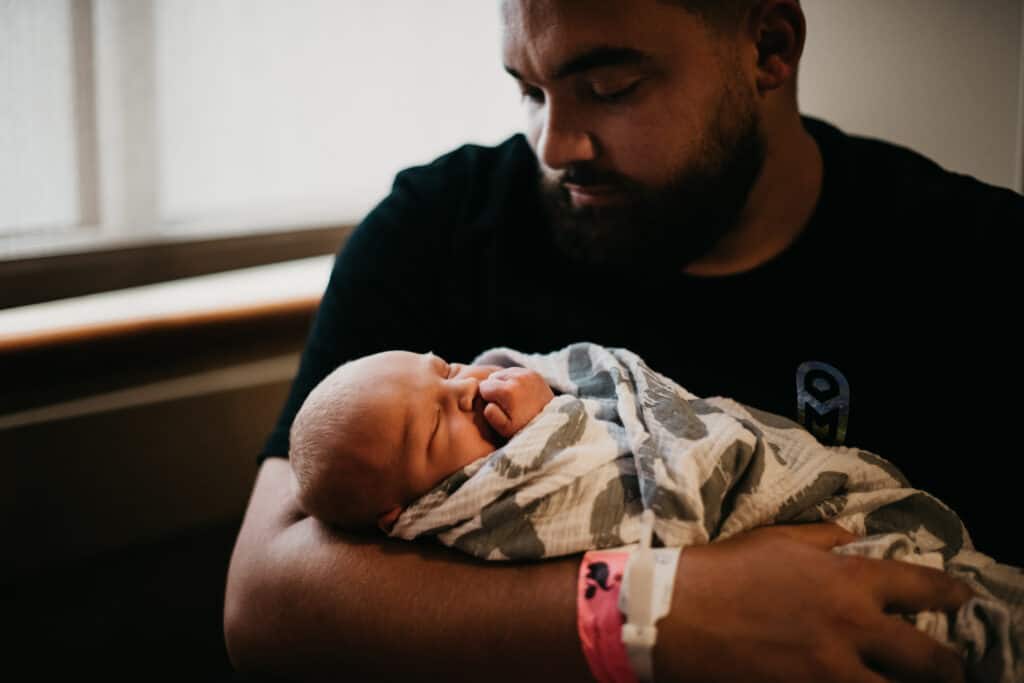Postnatal depression in men
Postnatal depression in men is a form of postpartum depression that occurs during the first year after childbirth. It is a common but often overlooked condition. While women are more likely to experience postnatal depression after giving birth, men can also be affected by this condition. Recent research suggests that up to 10% of new fathers may experience postnatal depression.
Postnatal depression in men can manifest in several ways, including sadness, anxiety, irritability, and loss of interest in activities that used to bring pleasure. Newborns need to be tended to, which can happen during the night, so men may also experience a lack of sleep. Eating patterns are changed, and they may have difficulty bonding with their babies.
Common symptoms of depression for paternal prenatal or postpartum depression include Anger, sudden outbursts or violent behaviour Increase in impulsive or risk-taking behaviour, including turning to substances such as alcohol or prescription drugs, Irritability, Low motivation, Physical symptoms such as headaches, muscle aches, stomach, or digestion issues Poor concentration Suicidal thoughts Withdrawing from relationships Working a lot more or a lot less Anxiety is also common in men during and after pregnancy. This can occur with no previous history of depression.
Source: utswmed.org
Testosterone is a steroid hormone that plays an important role in developing male sexual characteristics, including secondary sex characteristics such as body hair growth and muscle mass. Testosterone also affects other aspects of human physiology, including bone density, mood, libido, cognition, and behaviour. Fathers’ testosterone levels decrease during their partner’s pregnancy, while oestrogen increases towards the end of pregnancy.
Source: bbc.com
Having a baby is a major life change for a father and mother. The Fathers’ social life and new routines can interrupt work and hobbies, leading to anxiety disorders as the new family unit finds its way into the world. There is also the change to the sex life of the couple as tiredness and hormone changes can create havoc in the bedroom. This can be difficult to accept, especially for first-time dads.
It’s essential for new fathers to be aware of the signs of depression and to seek help if they are experiencing any of these symptoms. This paternal depression is a treatable condition, and getting help can significantly affect a man’s ability to bond with his baby and support his partner during this challenging time.
One of the challenges of postnatal depression in men is that it is often not recognized or acknowledged by society. Many people still believe that only women can experience postnatal depression and that men should be strong and capable of handling the challenges of parenthood without difficulty. This stereotype can make it difficult for men to seek help and openly discuss their experiences. With giant steps forward in understanding and reducing the stigma around male mental health, paternal postpartum depression is another area where the walls of stigma are being removed.
Society must recognize that postnatal depression can affect anyone, regardless of gender. Men should not be afraid to seek help if they are struggling with postnatal depression and should be encouraged to talk openly about their experiences. Support from friends, family and a mental health professional can make a massive difference in helping men to overcome postnatal depression and to thrive as fathers. There are a variety of treatment options available. Cognitive Behavioural Therapy



